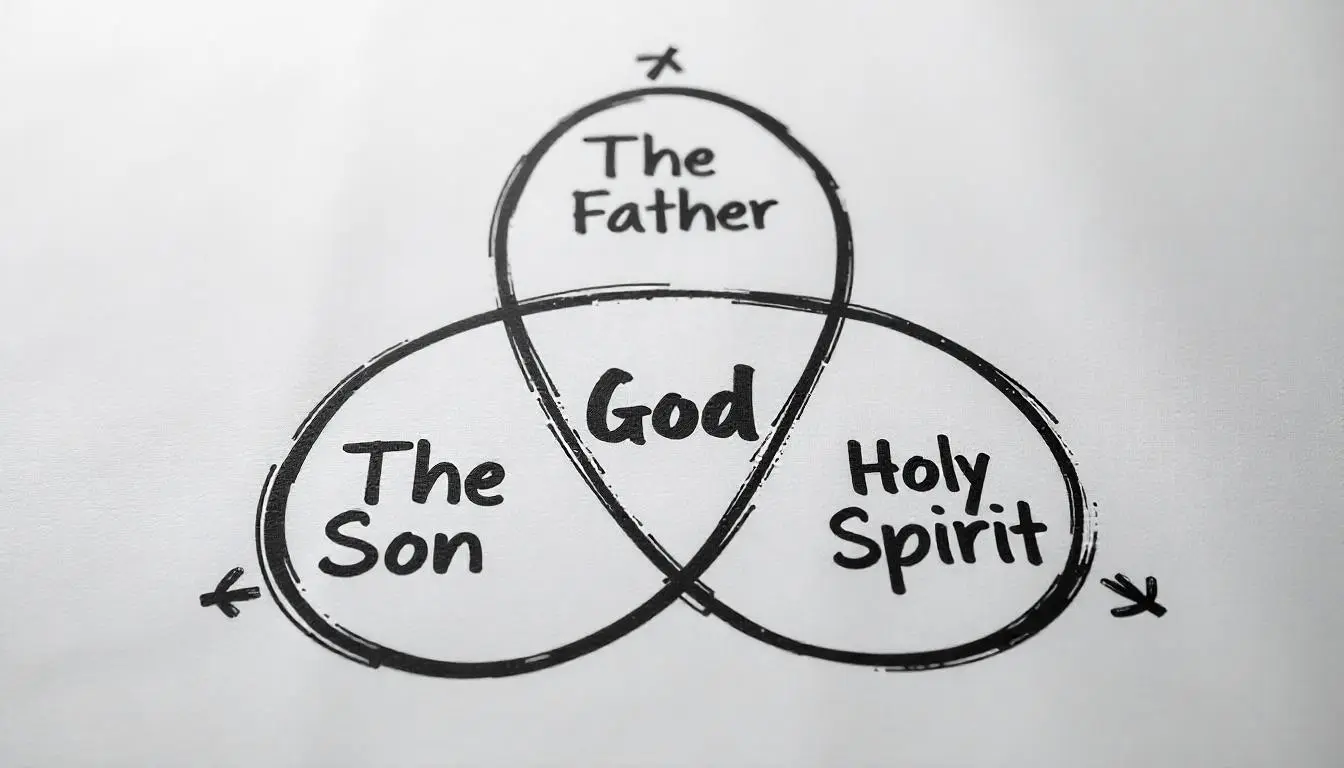In a world where pain, suffering, and chaos often feel like reality, the Christian faith offers an unchanging reality that transforms our perspective. Truth is not just a concept or doctrine; it’s reality itself, rooted in the Greek word aletheia. Unlike fleeting experiences like evil or injustice, which are part of the created order, the truth as reality is eternal and unalterable. Human perception shapes our reality, but it’s not the ultimate truth. The unchanging reality is the Triune God—Father, Son, and Holy Spirit—a relational reality that stands as the foundation of all existence. This relational oneness, described as perichoresis or a triune dance, is characterized by self-giving love, mutual indwelling, joy, and celebration. It’s eternal life, holiness, and love itself—the reality of all realities. God’s oneness is not numerical but a dynamic relationship where Father, Son, and Holy Spirit are united, redefining how we understand divinity in the Christian faith.

Jesus as the Revelation of the Triune God
The biblical narrative reveals this Triune God through a story that unfolds from “In the beginning God created the heavens and the earth” (Genesis 1:1) to “In the beginning was the Word, and the Word was with God, and the Word was God” (John 1:1). Jesus, as the Logos and Creator, is the ultimate revelation of God, through whom all things were made, visible and invisible (Colossians 1:15-17). In a monotheistic Jewish culture, where God’s oneness was central, Jesus’ claim to be the Messiah—God in flesh—met expectations, but His introduction of the Father-Son relationship and the Spirit challenged this framework. His intimacy with God, calling Him Abba Father over 170 times in the New Testament (nearly 100 in John’s Gospel), contrasted with the Old Testament’s rare use of “Father.” In John 5, Jesus’ Sabbath healing and declaration, “My Father has been working until now, and I have been working,” equated His actions with God’s, sparking outrage for claiming equality. He emphasized, “The Father loves the Son and shows Him all things” (John 5:20), revealing a Father-Son relationship that reinterprets Scripture through love, not legalism, transforming New Testament theology.

The Gospel: Participating in God’s Relational Oneness
The gospel message invites believers into the relational reality of the Triune God, distinguishing Christianity from both monotheism’s singular God and polytheism’s many gods. Jesus, the Son, shares His intimate knowledge of the Father, saying, “No one fully and intimately knows the Father except the Son” (Matthew 11:27). Like a child’s friend joining in play, believers know the Father through the Father-Son relationship, not through legalistic principles. In John 8, Jesus declared, “You neither know Me nor My Father. If you had known Me, you would have known My Father also,” emphasizing that intimacy with God comes through Him. This relational oneness confronts human fears and insecurities, offering freedom from religion’s control. The gospel is not about steps or rules but about participating in the eternal, joyful relationship of the Triune God. By embracing God as Abba Father, believers find a transformative love that redefines faith, rooted in the unchanging reality of God’s relational oneness.
